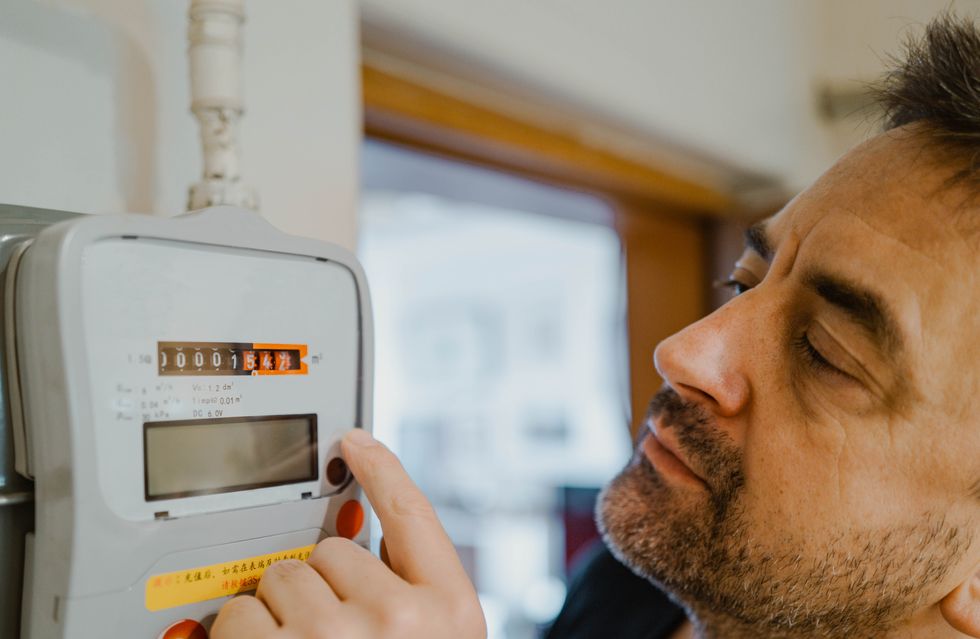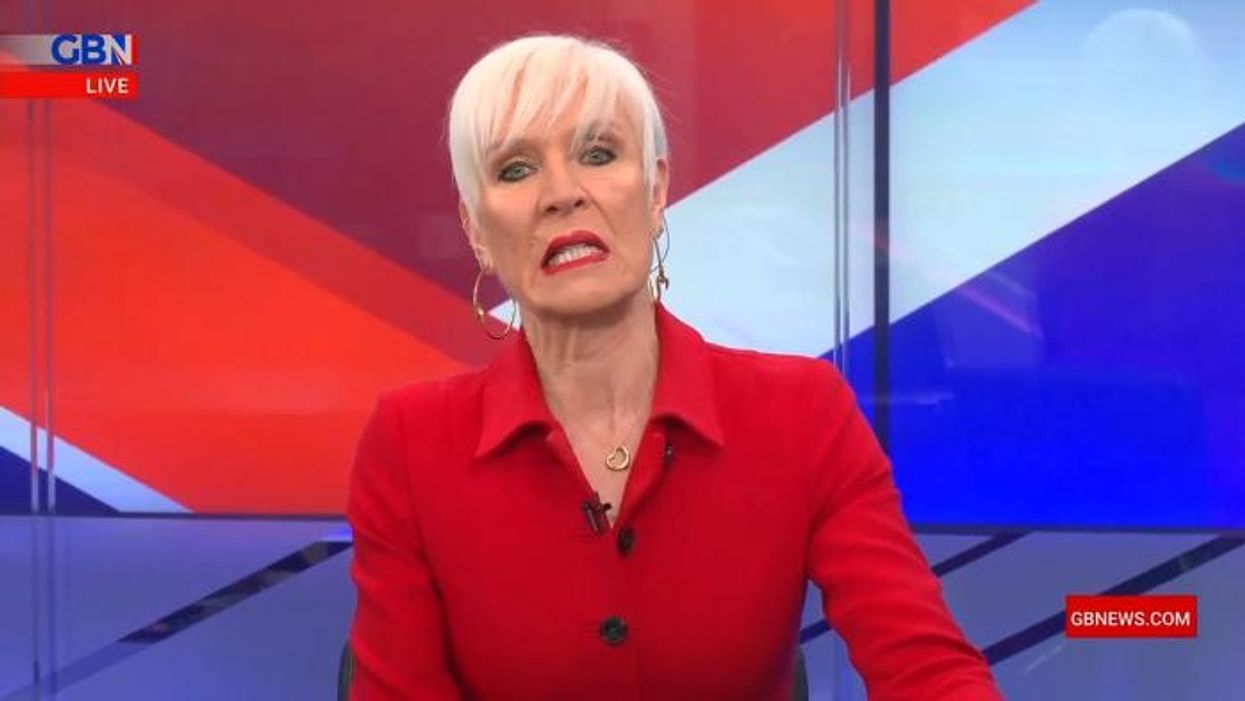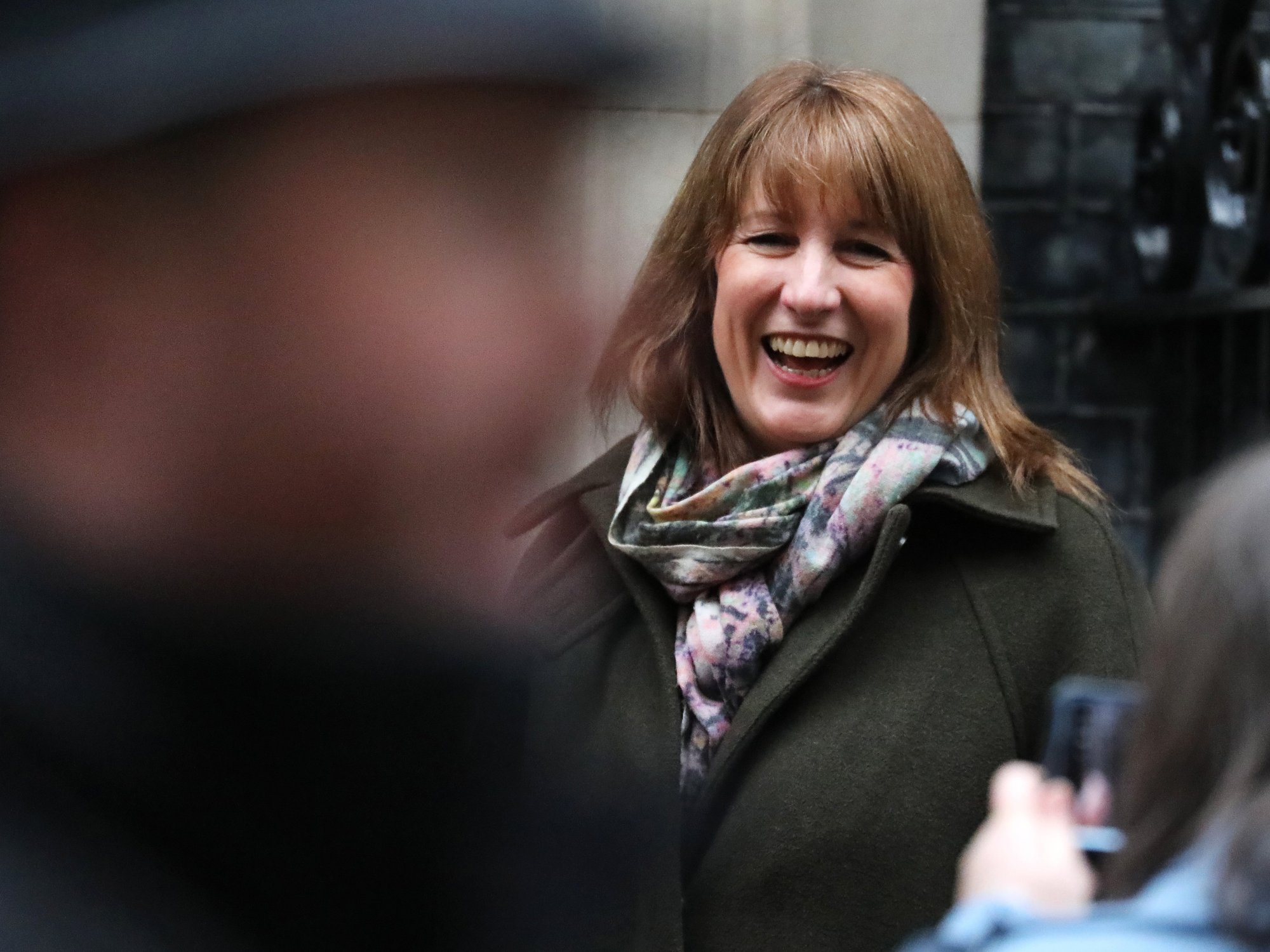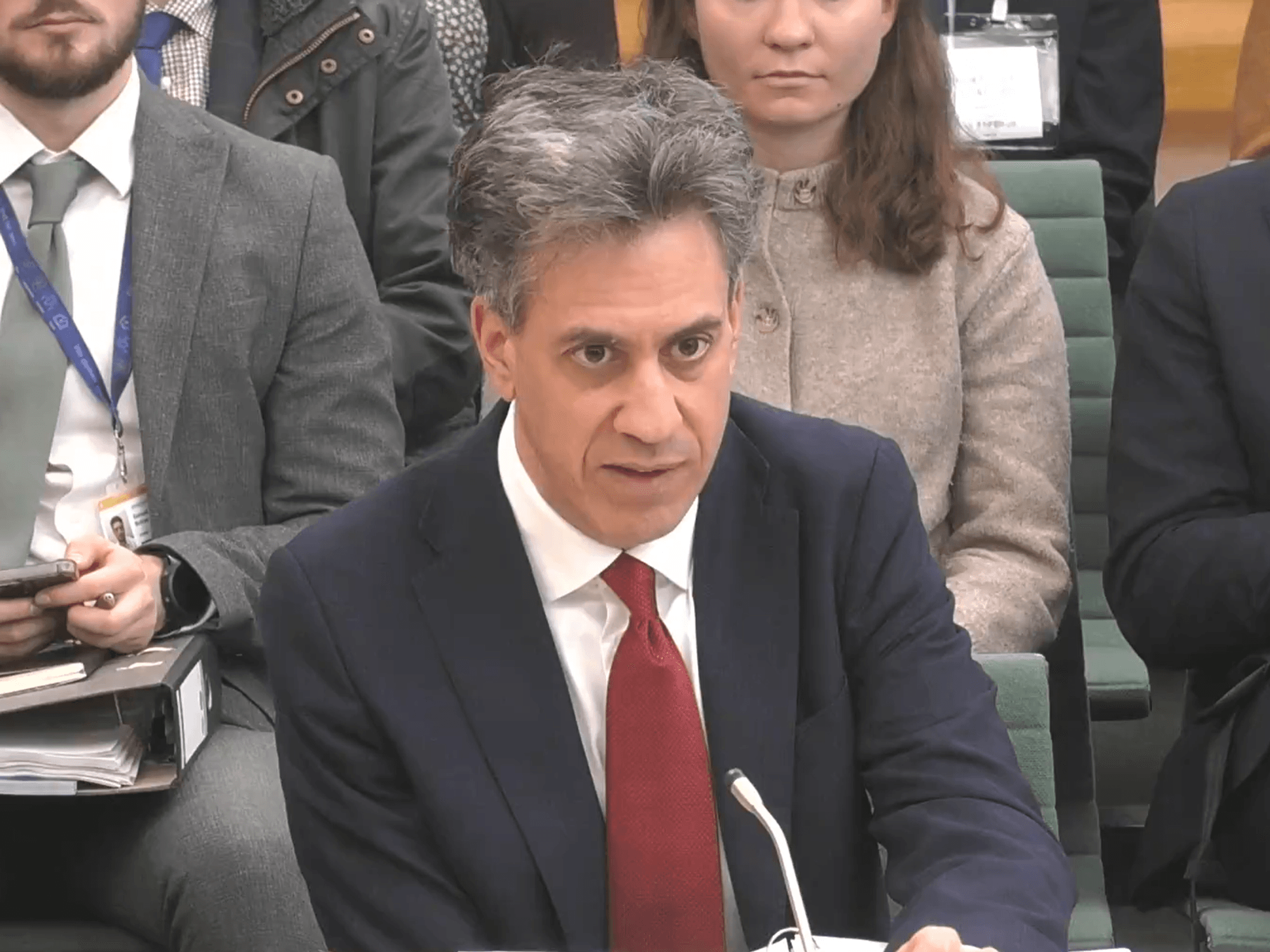Millions of people urged to take meter reading today as energy costs fall to lowest level in two years

Ofgem's energy price cap has fallen by 12 per cent
Don't Miss
Most Read
Millions of Britons are being urged to take a meter reading to ensure they don't pay more than they need to on their energy bills.
The average household energy bill has fallen to its lowest level in two years from today after Ofgem lowered its price cap by 12.3 per cent in response to wholesale prices.
Some 10 million households who are on a standard variable tariff and don't have a smart meter are urged to take a meter reading and send it to their supplier as soon as possible.
This is to ensure that they are charged at the cheaper rate for any energy they use from today.
Suppliers will base the bills on estimated usage if they have not received meter readings.
This means households could end up paying more for their energy usage than they should, while others may not pay enough.

Millions of households are being urged to take a meter reading as energy costs fall from today
|GETTY
Ofgem's energy price cap has fallen by an average of £20 per month for a typical dual fuel household in England, Scotland and Wales.
The price cap is now £1,690 per year for a typical dual fuel household in England, Scotland and Wales, having previously stood at £1,928.
However, those who use more energy will pay more.
Gareth Kloet, energy spokesperson for Go.Compare energy, is among those who urged people to take and submit a meter reading on March 31.
However, those who are yet to take a meter reading could still do so now to reduce the risk of overpayment.
Mr Kloet said: “By submitting a meter reading on March 31, before the price drop comes into force, it will mean that your energy company cannot charge you at the higher rate for any units that have been used after that date.
"As well as taking a meter reading when the price cap changes, it’s worth providing your energy company with an up-to-date reading on a regular basis so they can work out your bills accurately, otherwise they will estimate your usage which means you could be paying more than you need to."
Mr Kloet pointed out that while the price cap fall is "good news", household bills remain high.
However, there are some small steps people could take to save energy and cut costs.
This includes washing clothes at a lower temperature, turning appliances off rather than leaving them in standby mode, and ensuring water is being used "efficiently".
Mr Kloet said: "All of these steps can make a difference to your bills."
Some may wonder whether to lock in a fixed energy price tariff to protect themselves from future increases.
However, Mr Kloet suggested there are a few considerations people should make before doing so.
LATEST DEVELOPMENTS:
He said: “For example, it might be worth looking at your current energy usage and the rate you are currently on, whether that be a variable or fixed rate tariff. Find out if you have to pay any early exit fees if you leave before your current deal is up.
“A comparison site will help you weigh up these choices and provide a simple way to see what’s available in the market.
“Also, if you’re fortunate enough to have a balance in credit with your energy provider, try to keep it in the bank in preparation for the winter months.
“If you are struggling to make payments and are concerned about energy bills, always talk to your energy provider in the first instance, as they have a duty to help.
"Do not be tempted to skip payments or just not pay – get in touch with them and they will discuss a payment plan with you.”











